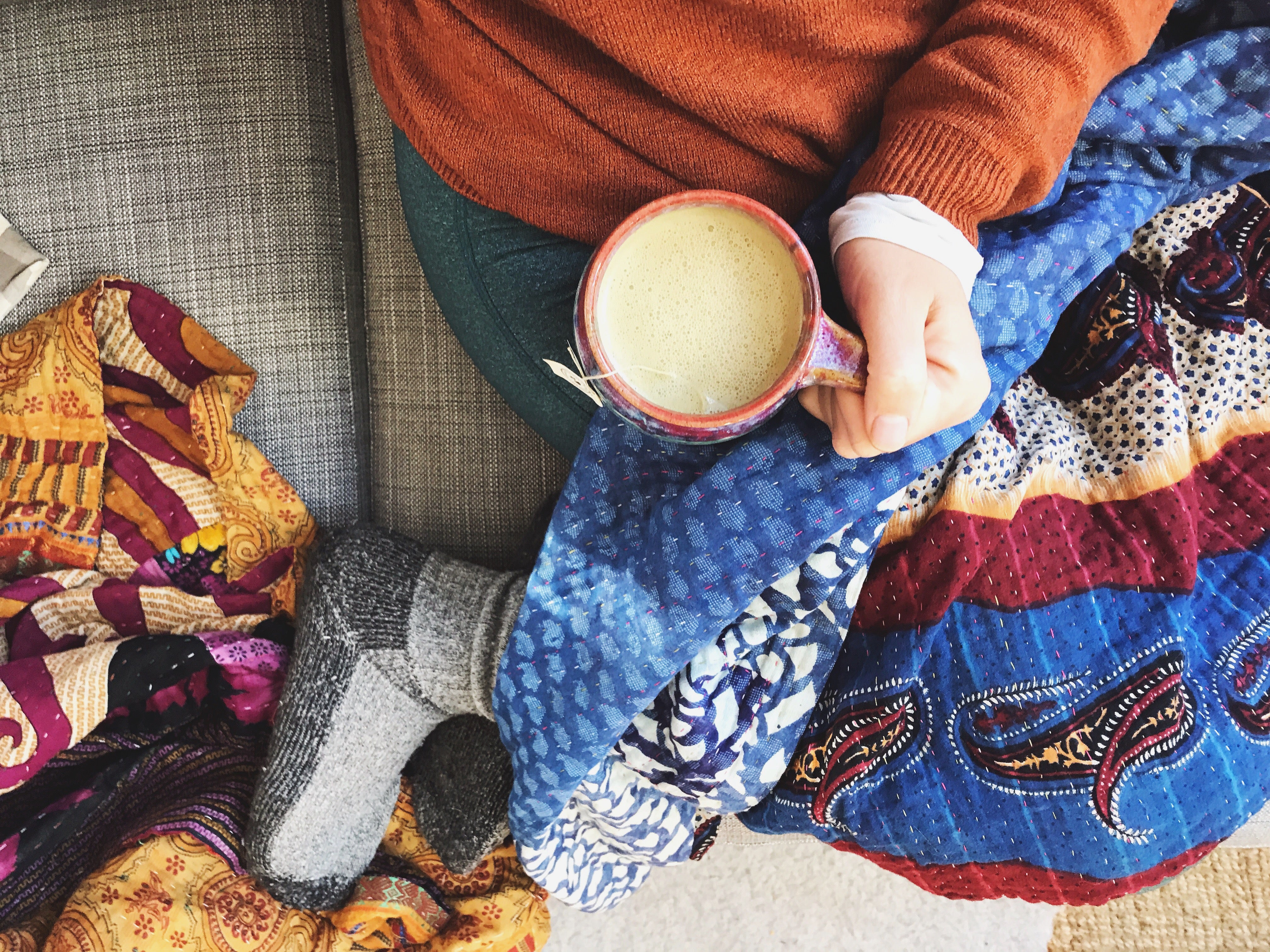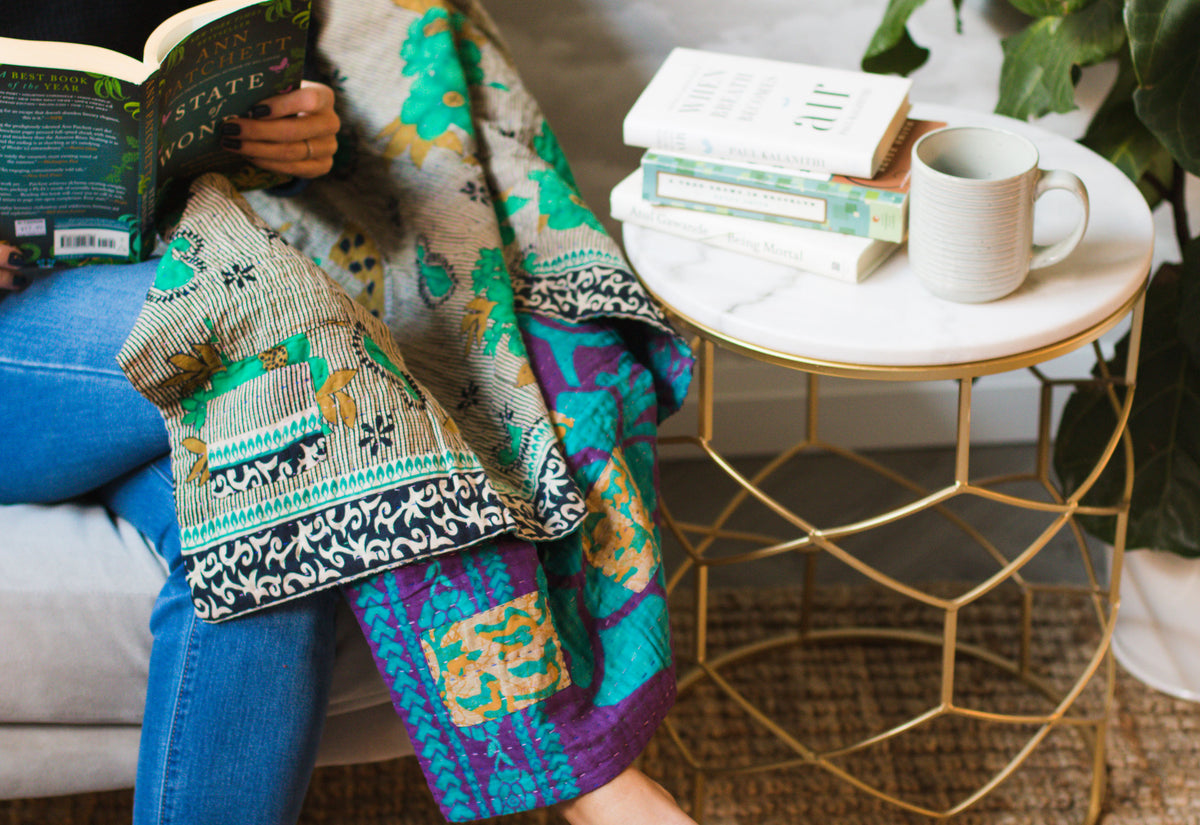
What is Redemptive Business? A Better Way.
At dignify, we believe beautiful, ethical products (like our hand-stitched kantha blankets) can be a force for healing, not just profit. We're sharing why it matters for all of us. Small choices can be part of something bigger, more beautiful and more just.






